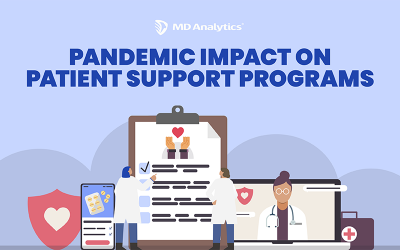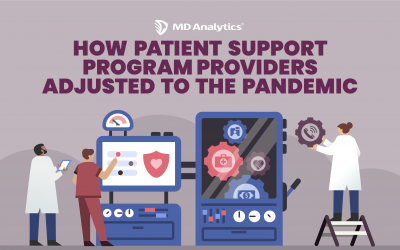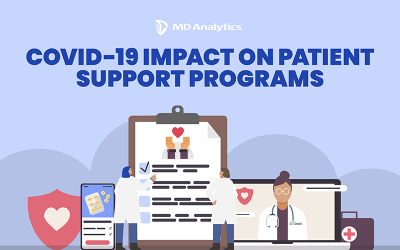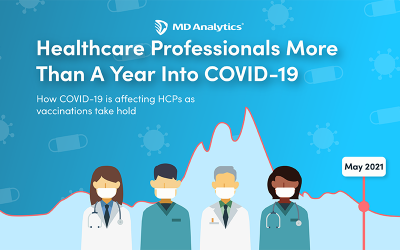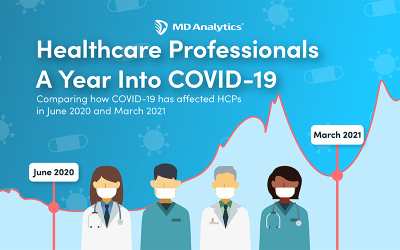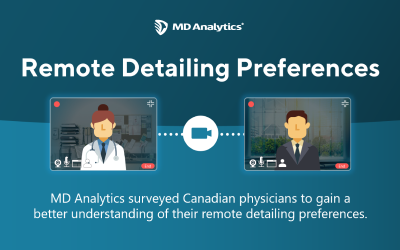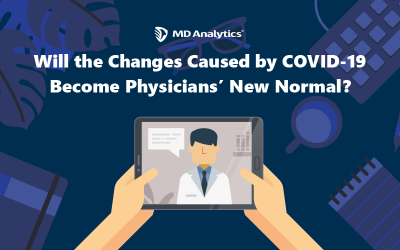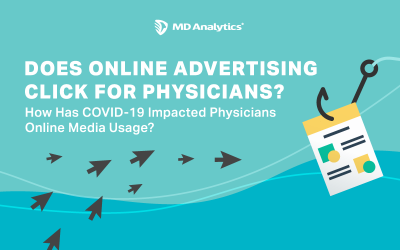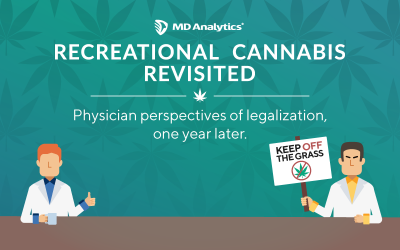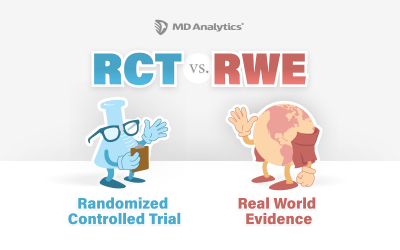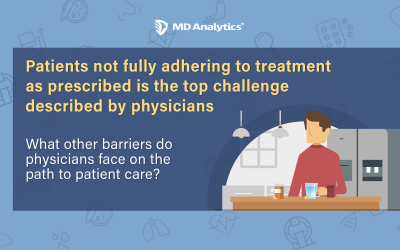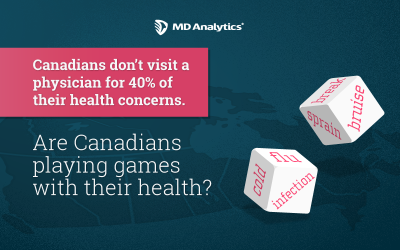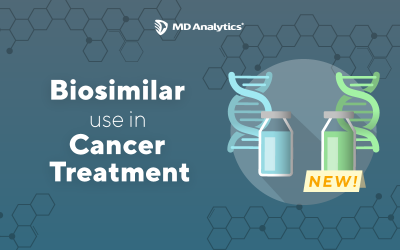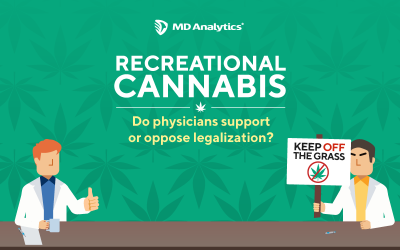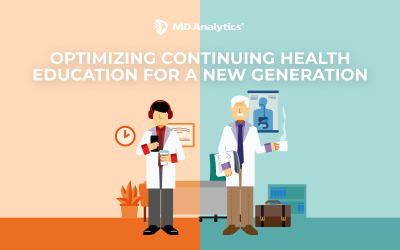PSPs play a significant role in ensuring that patients have the best possible experience during their journey – especially in specialty therapeutic areas where treatments tend to be more expensive. The pandemic has made it more challenging for patients to access support and services for their medical conditions. This has put additional pressure on company-sponsored PSPs to further enhance their offerings to help patients in the best way possible.
PSPs have become increasingly important for patients since the onset of the COVID-19 pandemic and as a result now have an even more significant influence on physicians’ treatment selection process. For the most part, physicians acknowledge that PSP providers have adjusted well to the new reality brought forth by COVID-19. About a third even think that PSP providers have improved their performance since the onset of the pandemic.
